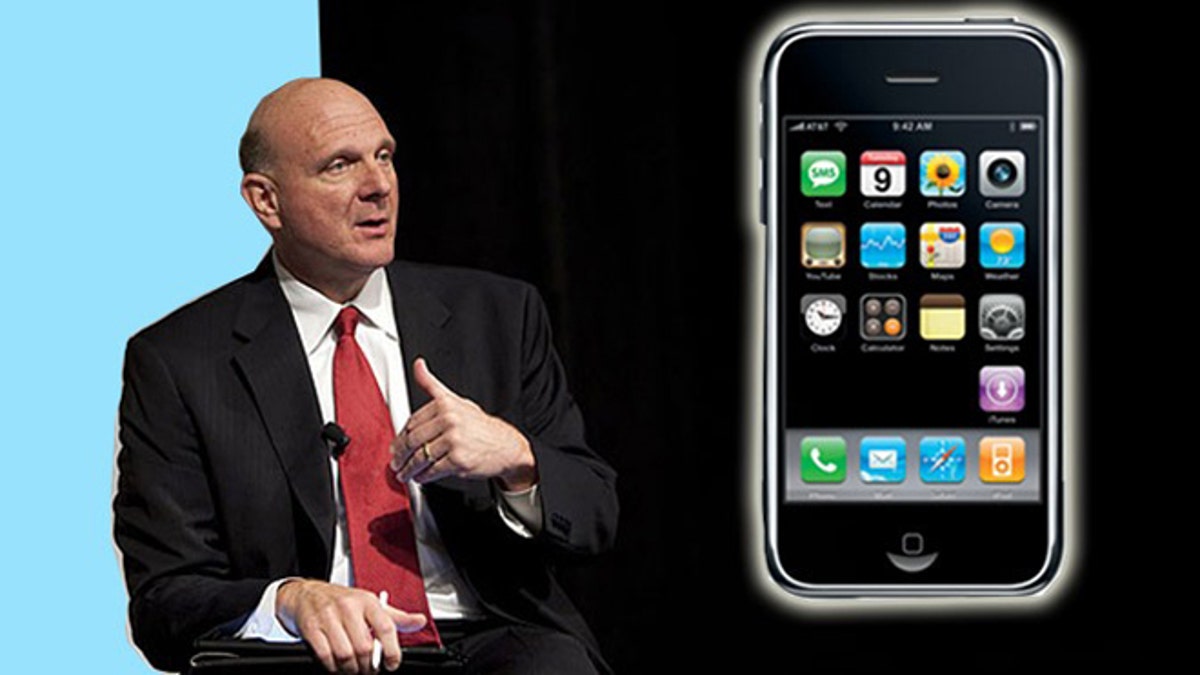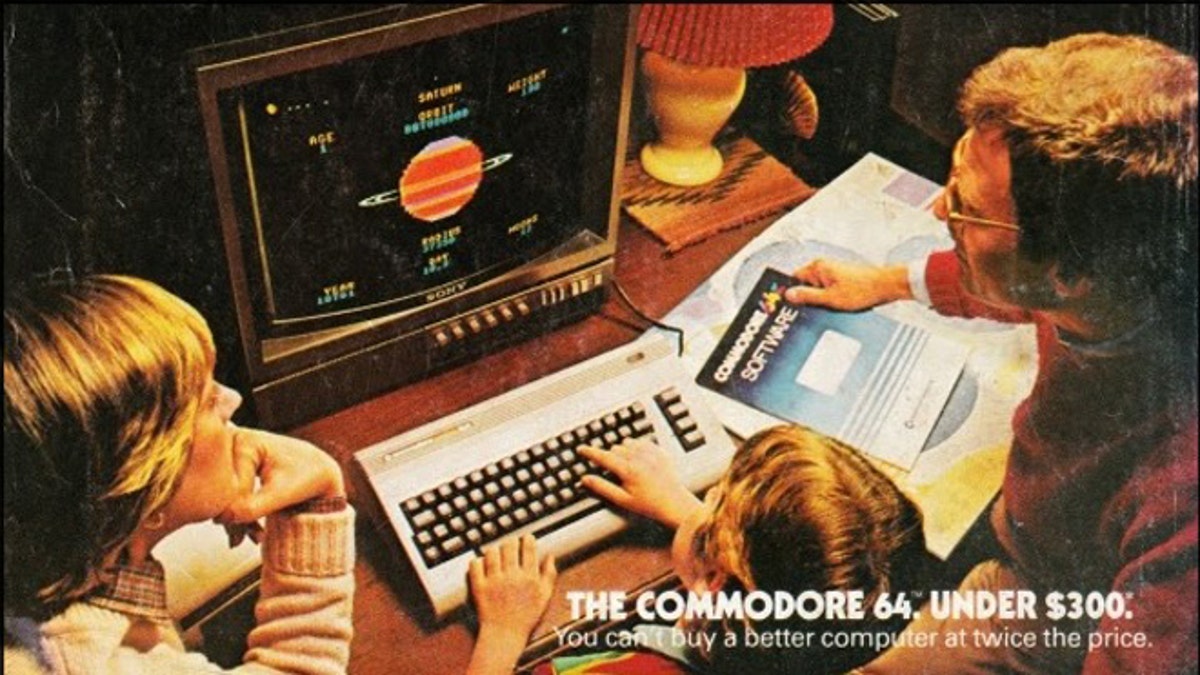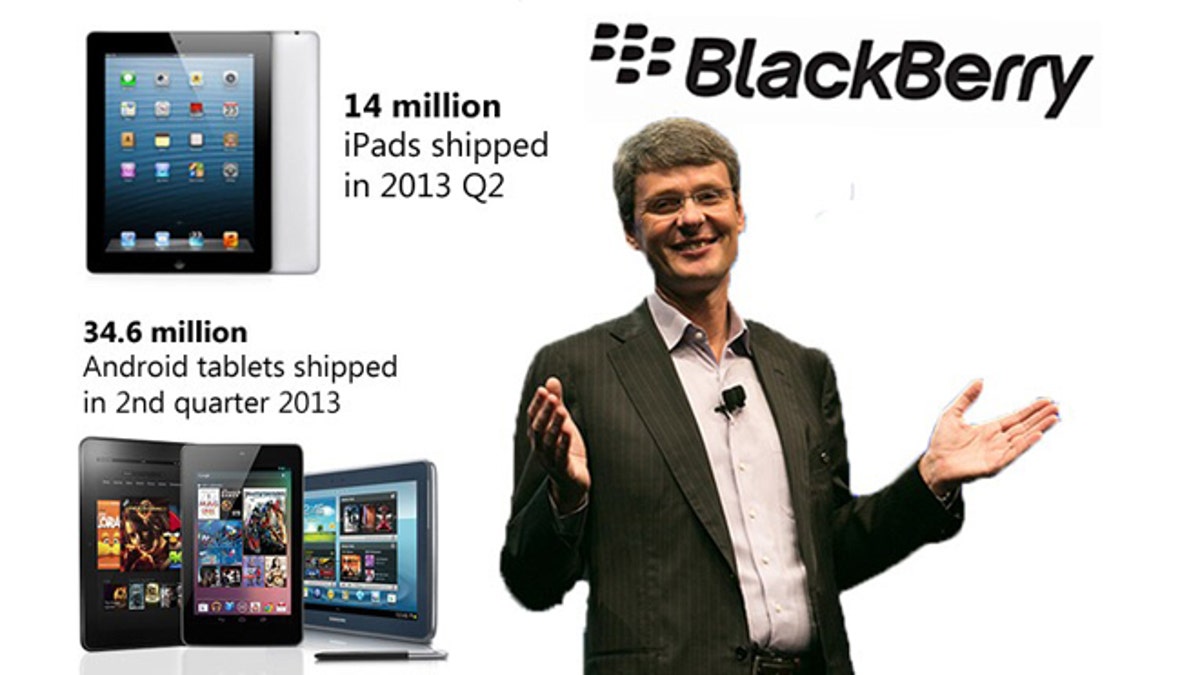In the technology world, bold predictions abound, and they should. Placing big bets in one direction or another is how this industry works. Some pundits try to make educated guesses about where tech is headed, while others prognosticate in reaction to disruptive technologies that could boost (or threaten) their business.
As we all know, foretelling what’s going to happen in 5, 10 or 30 years is pretty much impossible, but some predictions are so spectacularly wrong that they should be immortalized. That’s why I’ve selected these gems from some of the biggest names, publications and research firms to present the 10 worst tech predictions of all time. A couple of these timelines haven’t yet passed, but I feel comfortable predicting them as total fails now.
1. The iPhone Has No Chance

(Laptopmag.com)
“There’s no chance that the iPhone is going to get any significant market share.” Steve Ballmer, Microsoft CEO (April 2007)
Back in 2007, the world was in a frenzy over the iPhone (aka the Jesus Phone), which combined a widescreen iPod with a full-fledged browser and introduced the masses to multi-touch displays. Steve Jobs claimed that the iPhone was five years ahead of the competition, but the head of Microsoft wasn’t having it.
In April of that year Steve Ballmer told USA Today that “there’s no chance that the iPhone is going to get any significant market share. No chance.” Ballmer cited the iPhone’s relatively high $499 subsidized price as one of the reasons the device would flop. Fast forward to 2013 and the iPhone commands 42 percent of U.S. smartphone market share and 13.1 percent worldwide.
More: Top 8 iPhone 5S Rumors
2. Who Needs a Home PC?

“There is no reason anyone would want a computer in their home.” Ken Olson, president Digital Equipment Corp (1977)
The setting was (ironically) the World Future Society meeting in Boston, and the speaker was Ken Olson, the president, chairman and founder of Digital Equipment Corporation. Olson did in fact say that “there is no reason anyone would want a computer in their home,” but he claims his statement was taken out of context.
The head of the leading low-cost minicomputers maker said he was referring to computers that control every aspect of your home. Nevertheless, DEC would lose the mainframe war to IBM and would never gain traction in the personal computing market. Olsen was replaced as CEO in 1992 and the company was sold to Compaq in 1998. While in a state of decline, IDC expects PC sales to total 345 million in 2013.
More: Best Laptops 2013
3. Flying Cars By 1944!

“Within the next two decades autos will be made with folding wings.” Eddie Rickenbacker, pilot (1924)
You could say that this famous pilot was ahead of his time. Way ahead. In July 1924 Eddie Rickenbacker wrote in Popular Science Monthly that we would have flying cars within 20 years. This combo auto-airplane would “have a body shapred similar to the present hydroplane hull, making it both a water and land machine. Rickenbacker also claimed that the 25-feet wings would fold back against the sides of the car when driving.
Even though 69 years have flown by--along with the Jetsons’ flying car and Back to the Future’s flying DeLorean--innovators haven’t given up. The Terrafugia Transition, dubbed a “roadable aircraft,” just made its first public flight. It’s the first street-legal airplane that converts between flying and driving modes in less than a minute. The company claims that you can fly into any of 5,000 public U.S. airports, and you can pre-order one for just $279,000. Production begins in 2015.
More: 10 Coolest Cars of the 2013 New York Auto Show
4. The Tablet Deathwatch

(Laptopmag.com)
“In five years I don't think there'll be a reason to have a tablet anymore.” Thorsten Heins, BlackBerry CEO (2013)
Maybe he was trying to put the ill-fated PlayBook tablet behind him, or maybe he just forgot about a little thing called the iPad. Whatever the reason, Thorsten Heins started a firestorm of bad PRwhen he told Blooomberg the following: "In five years I don't think there'll be a reason to have a tablet anymore...Tablets themselves are not a good business model." A month later Heins walked back his comments, saying "We're interested in the future of tablets, whatever that is.” Too late.
Tablet sales are still very much on the rise, growing 142 percent year over year in the first quarter of 2013. During the second quarter of 2013, 34.6 million Android tablets shipped, compared to 2.7 million BlackBerry 10 phones. Even with a drop in sales, Apple moved 14 million iPads. Last but not least, the Los Angeles School District recently ordered iPads for 640,000 students. I guess Heins should break the news they just bought an obsolete technology.
More: Top 10 Tablets to Buy (or Avoid) Now
5. Steve Jobs Trashes Music Subscriptions

“The subscription model of buying music is bankrupt.” Steve Jobs (2003)
The late founder and CEO of Apple, Steve Jobs was right about a lot of things, including predicting the Post-PC era and the death of Flash (though Apple helped). Jobs was also correct when he said in 2003 that the iTunes Music Store would “go down as a turning point for the music industry.” In February 2013, the 25 billionth song was purchased form the store. However, Jobs was wrong about digital music's evolution.
That same year Jobs told Rolling Stone that he didn’t think subscription-based music services such as Rhapsody would fly. “I think you could make available the Second Coming in a subscription model and it might not be successful,” Jobs said. Today, Spotify has more than 6 million paid subscribers who can listen to all the tunes they want for a flat monthly fee. The new iTunes Radio service will let you skip ads for a $24.99 yearly fee that ties into iTunes Match, but you won’t be able to stream your favorite tracks on demand.
Bonus: Steve Jobs also called 7-inch tablets “dead on arrival” in 2010. Oops.
See the full list of terrible, horrible, awful tech predictions at Laptopmag.com.








































